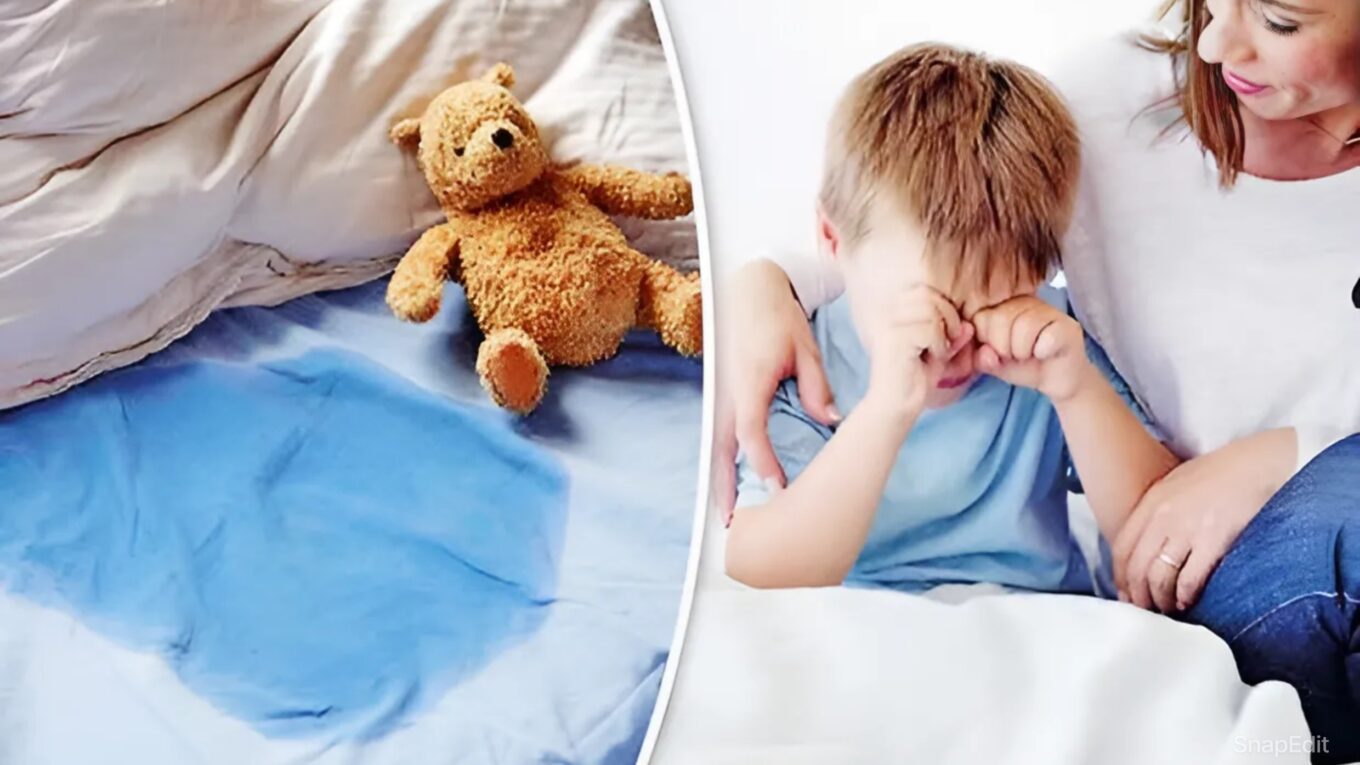Click here to Visit Facebook Page
Bed wetting, also known as nocturnal enuresis, is a common yet often misunderstood issue that affects both children and adults. Despite its prevalence, the stigma surrounding bed wetting can lead to feelings of shame and embarrassment. In this blog, we’ll delve into the causes, treatments, and support available for individuals dealing with bed wetting.
Click here to Visit Facebook Page
Understanding Bed Wetting:
Bed wetting refers to the involuntary release of urine during sleep. While it is more commonly associated with children, it can persist into adulthood for some individuals. It’s essential to understand that bed wetting is not a deliberate behavior, but rather a physiological or psychological condition.
Click here to Visit Facebook Page
Causes of Bed Wetting:
1. Genetics: Bed wetting often runs in families, suggesting a genetic component.
2. Delayed Development: Some children may simply take longer to develop bladder control.
3. Hormonal Imbalance: In some cases, a hormone imbalance, particularly the antidiuretic hormone (ADH), which regulates urine production at night, may contribute to bed wetting.
4. Bladder Capacity: A smaller bladder capacity or an overactive bladder can lead to bed wetting.
Click here to Visit Facebook Page
5. Psychological Factors: Stressful life events such as moving to a new home, the arrival of a new sibling, or parental conflict can trigger bed wetting episodes.
6. Medical Conditions: Certain medical conditions such as urinary tract infections (UTIs), diabetes, or sleep apnea may contribute to bed wetting.
Click here to Visit Facebook Page
Treatment Options:
1. Behavioral Therapy: Encouraging regular bathroom breaks before bedtime and positive reinforcement techniques can help children establish better bladder control habits.
2. Bed Wetting Alarms: These devices sound an alarm when moisture is detected, conditioning the individual to wake up when their bladder is full.
3. Medication: In some cases, medications such as desmopressin (which mimics the action of ADH) or anticholinergics (to relax the bladder) may be prescribed.
Click here to Visit Facebook Page
4. Lifestyle Changes: Avoiding caffeine and excessive fluids before bedtime, maintaining a consistent sleep schedule, and practicing relaxation techniques can help manage bed wetting.
5. Medical Intervention: If bed wetting is caused by an underlying medical condition, treating the condition itself may alleviate the symptoms.
Click here to Visit Facebook Page
Support and Understanding:
It’s crucial to provide support and understanding to individuals dealing with bed wetting, especially children. Parents and caregivers play a vital role in creating a supportive environment where the individual feels safe and understood.
Seeking Professional Help:
If bed wetting persists beyond the age of 6 or is accompanied by other symptoms such as pain or urgency during urination, it’s essential to consult a healthcare professional. A thorough evaluation can help identify any underlying causes and determine the most appropriate course of treatment.
Click here to Visit Facebook Page
Breaking the Stigma:
By raising awareness and breaking the stigma surrounding bed wetting, we can create a more compassionate and understanding society where individuals feel comfortable seeking help and support.
Conclusion:
Bed wetting is a common condition that can have a significant impact on an individual’s quality of life. By understanding the causes, exploring treatment options, and providing support and understanding, we can help individuals manage bed wetting effectively and lead fulfilling lives. Remember, you are not alone, and there is support available. Let’s work together to break the silence and stigma surrounding bed wetting.





